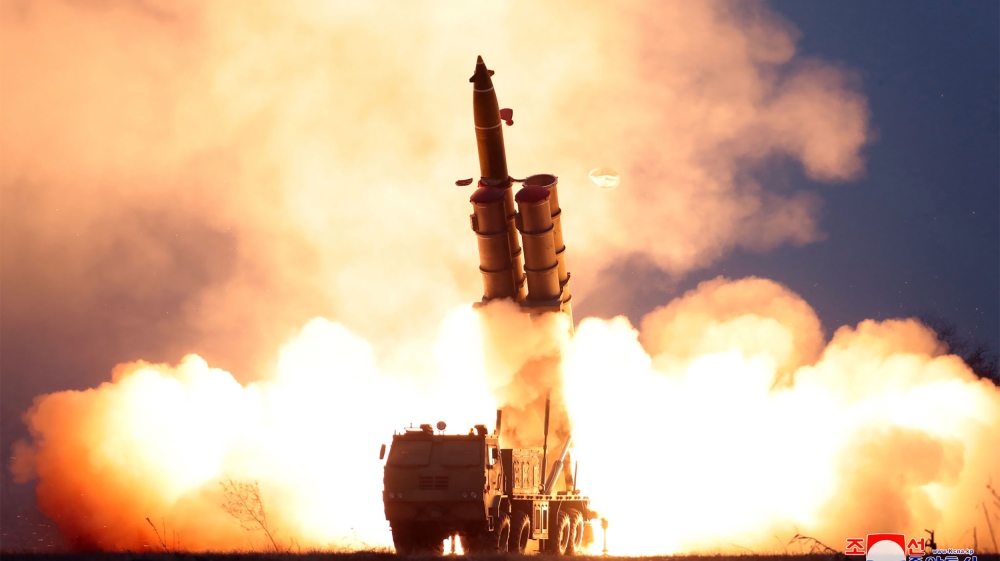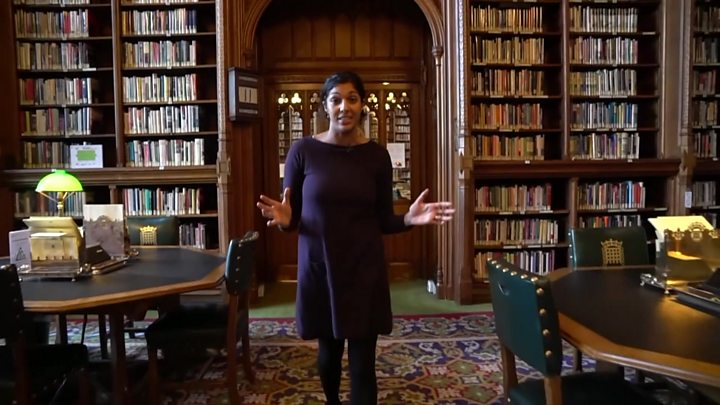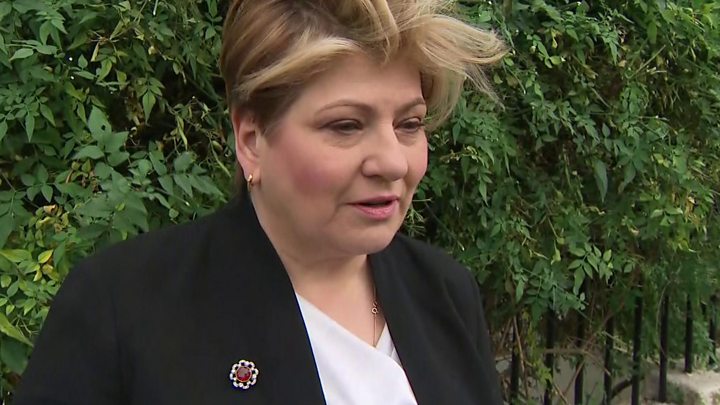
A wave of protests against a new citizenship law has broken out in cities across India, as demonstrators fear it could endanger the nation’s Muslim minority and chip away at the government’s secular identity.
The unrest has spread to more than a dozen cities, and Prime Minister Narendra Modi has responded by deploying troops, enacting a curfew and shutting down the internet. Violent police confrontations have followed; the police fatally shot several young men in Assam State, beat unarmed students with wooden poles in New Delhi, and used tear gas and batons to disperse protests elsewhere.
The citizenship law, which passed both houses of Parliament last week, was seen by critics as part of Mr. Modi’s broader push to transform India into a place where being Indian is synonymous with being Hindu. India, with a population of 1.3 billion, is about 80 percent Hindu and about 14 percent Muslim.
The law, paired with a citizenship test that has left nearly two million people in danger of being declared stateless, has Indian Muslims fearing they are being targeted at a time when there has been a surge of anti-Muslim sentiment.
Here is the background to understand what is happening.
What is in the citizenship law that ignited the protests?
The law, called the Citizenship Amendment Act, applies a religious test to whether illegal migrants from neighboring countries can be fast-tracked for Indian citizenship. It would apply to Hindus, Christians, Sikhs, Buddhists, Parsees and Jains — but not Muslims.
Government officials have said the law is intended to protect persecuted religious minorities in some neighboring countries. But it would not protect persecuted Muslims, including the Rohingya in neighboring Myanmar.
What is the citizenship test?
All 33 million residents of Assam, a state bordering Myanmar and Bangladesh, had to provide documentary evidence, such as a property deed or a birth certificate, showing that they or their ancestors lived in India before 1971. Those who could not would be declared foreign migrants, at risk of being sent to huge new detention camps.
More than two million people, many of them Muslims, failed to pass the test and could end up stateless. The governing party of Mr. Modi has vowed to extend the test to other parts of India.
The government has said the test was intended to root out undocumented immigrants from Bangladesh. India’s home minister, Amit Shah, has repeatedly referred to these migrants as “termites.”
What do the Indian Muslims fear?
Many of India’s roughly 200 million Muslims see the new citizenship law as blatantly anti-Muslim. Constitutional scholars say that it is the first time India has passed a law that treats people differently based on their religion, and that it flies in the face of the country’s commitment to equality.
Some worry that the citizenship test and the new citizenship law could be used in tandem to strip them of rights they’ve held for decades and send them off to detention camps. They could be declared foreign migrants by failing the citizenship test, then denied protection from the new citizenship law because it doesn’t include Muslims.
Why are some non-Muslims opposed?
There’s growing concern among progressives and Indians of other faiths that Mr. Modi is trying to dismantle India’s secular traditions and turn the country into a religious state as a homeland for Hindus. Many of Mr. Modi’s supporters among the Hindu right support the nationalist push, and Mr. Modi himself comes from an ideological background that emphasizes Hindu supremacy. But there are many Hindus who want to keep India secular, as India’s founders, such as Mohandas K. Gandhi, had wanted.
In Assam, protests were led by Hindus who feared that the citizenship law could allow migrants to settle there and take their land. In this state, it’s not so much a rivalry between Hindus and Muslims. It’s more a case of locals versus foreigners. Many of the indigenous Assamese don’t want any new migrants, no matter what religion they subscribe to.
https://news.google.com/__i/rss/rd/articles/CBMiVWh0dHBzOi8vd3d3Lm55dGltZXMuY29tLzIwMTkvMTIvMTcvd29ybGQvYXNpYS9pbmRpYS1wcm90ZXN0cy1jaXRpemVuc2hpcC1tdXNsaW1zLmh0bWzSAVlodHRwczovL3d3dy5ueXRpbWVzLmNvbS8yMDE5LzEyLzE3L3dvcmxkL2FzaWEvaW5kaWEtcHJvdGVzdHMtY2l0aXplbnNoaXAtbXVzbGltcy5hbXAuaHRtbA?oc=5
2019-12-17 09:01:00Z
52780505893855




